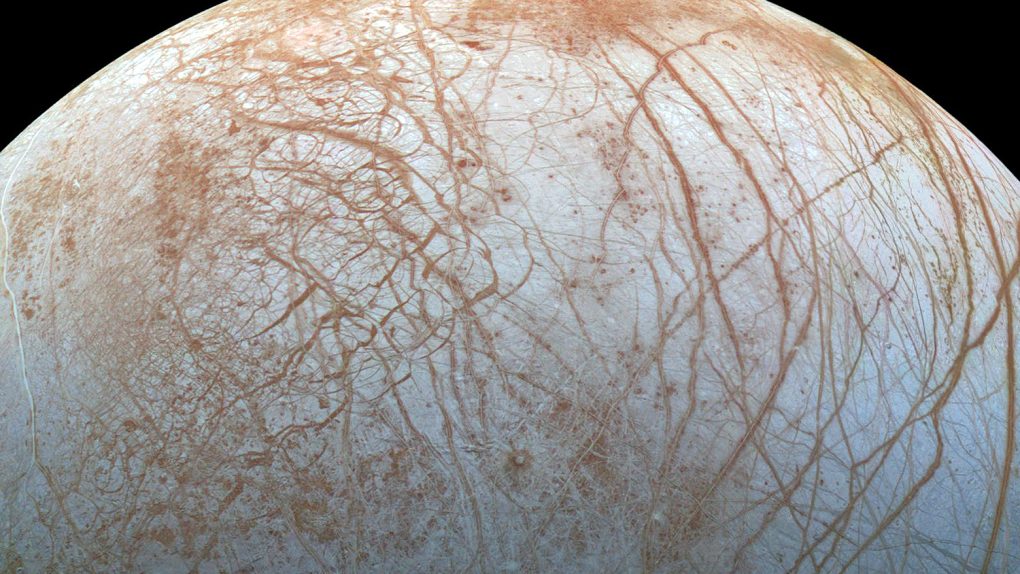Habitable oceans and geysers may exist on icy exoplanets, a new NASA study has suggested. The study recently expanded the search for life beyond our solar system by looking at 17 exoplanets that could have oceans of liquid water beneath their icy shells.
The water from these oceans could also eventually erupt through the icy surface of these planets as geysers, and scientists have calculated the amount of this geyser activity on the exoplanets for the first time ever, including two planets close enough to observe by telescope.
Scientists have spent decades speculating the existence of and looking for signs of alien life among the stars. However, we haven’t found anything just yet, and even if we had, some argue that we wouldn’t recognize alien life if we saw it.

Still, that hasn’t stopped astronomers and scientists from scouring everything we know about the universe to find evidence of alien life somewhere. And now, this new NASA study says that icy exoplanets could be hiding habitable oceans, which could give us our first look at alien life in some shape or form.
The chances, of course, of us finding alien life that is equal to our own is slim. That isn’t to say that it isn’t out there. The universe is just a very large place, and the most likely alien life we’ll find is probably going to be more along the lines of microorganisms. But that is still alien life.
For the purpose of this new study, the scientists are looking at icy exoplanets and moons like Jupiter’s moon Europa, which have subsurface oceans heated by tides from the host planet’s gravitational pull. The study’s findings predict that 17 icy exoplanets could receive enough internal heating to provide life to habitable oceans underneath their icy crusts.
But proving the truth of this discovery is another matter altogether, as these exoplanets are beyond any possible travel distance that humans can currently undertake. Perhaps in the future, though, our spacecraft will be capable of traveling that far and properly exploring those areas of space.








